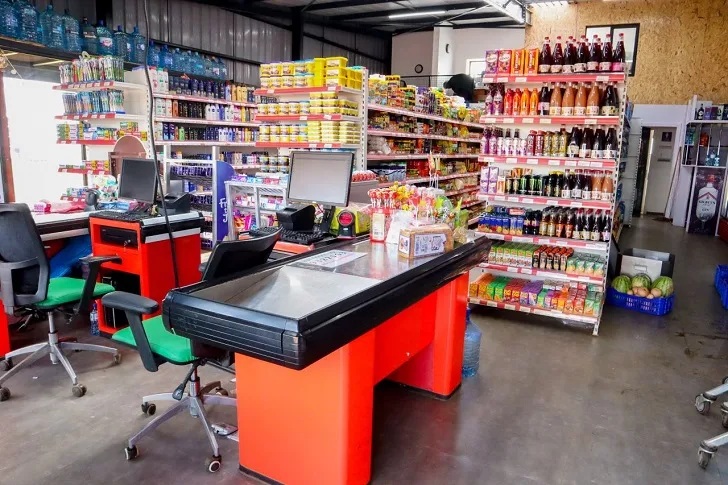Mini supermarkets in Kenya (popularly called Minimart business in Kenya) are coming up rapidly across all towns, especially in densely populated residential areas. The concept of ‘supermarkets’ is no longer confined to the big chains in large shopping centers or malls. Due to the evolving retail trends, most people have gotten used to self-selection when shopping thus creating a huge demand for Minimarts especially within estates where the big Supermarkets don’t have a presence.
The Opportunity
Many people in Kenya do not buy their provisions and
household consumables in bulk. This is due to the tough economic environment and
also because most may not have the right appliances like fridges to store
perishable items. This means that most people buy daily provisions within their
locality. That explains why there is a great opportunity in opening a of
Minimart business in Kenya selling ‘provisions’ and household items in many
corners of streets in big cities and towns.
The concept of ‘supermarkets’ is no longer confined to the
big chains in large shopping centers or malls. Due to the evolving retail
trends, most people have gotten used to self selection when shopping thus
create a huge demand for Minimarts especially within estates where the big
Supermarkets don’t have a presence.
Selecting the location
The location needs to be convenient. In this case, it should
have a lot of human traffic and must be easily accessible. It is recommended
that a minimart is located on the ground floor so that customers can easily
walk in and out without any difficulties.
Permits
Just like any venture, you need some permits from the local
authorities to operate a Minimart business in Kenya. We have the annual
business permit, health certificate at a cost of about Ksh5,000. The cost of
your business permit will vary from Ksh 5,000 up to Ksh25,000 depending on the
size of your business and the number of employees. You will incur some extra
costs in having your employee undergo a medical examination. Furthermore, you
will need fire safety guides by installing fire extinguishers alongside a fire
certificate. The fire certificate will cost about Ksh4,500.
Stocking up and supplies
For stocking your mini supermarkets you will rely heavily on
distributors for their supplies. Unlike bigger supermarkets, your suppliers
will NOT bring goods to your store without charging you for transport. To build
your distributors network, visit the industrial area where you most are
located. Depending on your location, size, and sales, you can settle on a
suitable schedule to stock your shelves. Mini supermarkets usually stock
fast-moving household goods.
Challenges of Owning and Running A Supermarket in Kenya
There are too many people doing this business that means to
really overcome the competition and make great sales you have to do something
really spectacular that will beat your competition hands down. Robbery
incidents are common in some corner shops at night and being a product based
business theft from staff is also common. Add the problem of erratic
electricity supply. Also for this business to succeed you need to get a good
location for your shop which isn’t easy.
